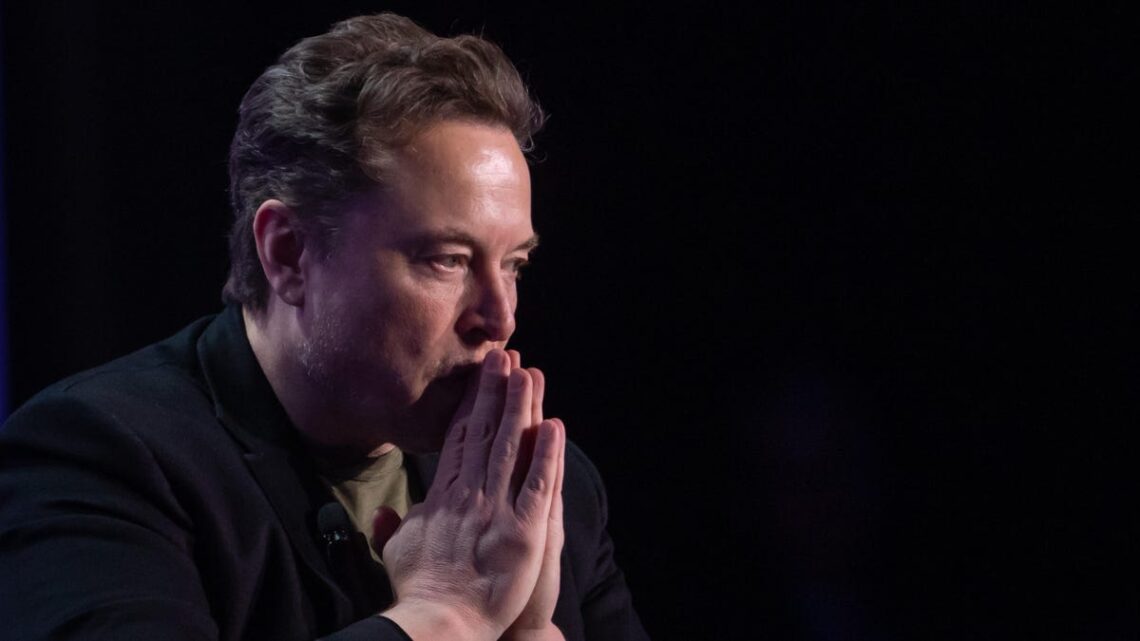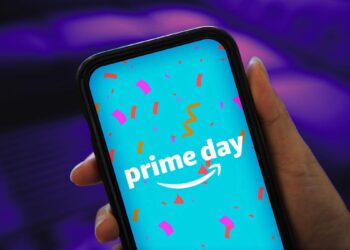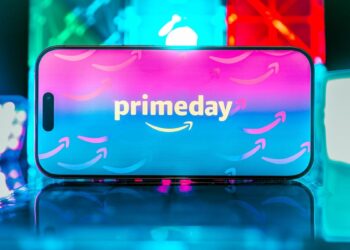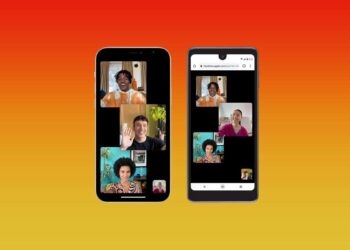Elon Musk, who threatened to ban his employees and visitors from using Apple devices at the companies he runs, said in a June 10 post on X that he’s no longer a fan of the iPhone, the iPad and Mac computers because he has security concerns about whether Apple’s new partnership with OpenAI, the maker of ChatGPT, will protect users’ personal data.
But the situation prompting Musk — who is one of the world’s richest men, the CEO of X, the head of a startup developing a rival to ChatGPT called Grok and a co-founder of OpenAI, a company he was suing — may be more complicated than just worries about security. Musk, who has a reputation for bluster, is now being called out by members of his social media fact-checking community, saying his claims are inaccurate and misleading.
And at least one security researcher said that Musk’s security warning seems wrong, based on information Apple and OpenAi have shared so far about how privacy between their companies is being handled.
Here’s what happened: On Monday, Apple CEO Tim Cook and his team took the stage at the company’s developers’ conference and announced generative AI features they’re bringing to iPhone, iPad and Mac users in the next versions of Apple’s operating system software this fall. The news included a deal to give Apple users access to OpenAI’s popular ChatGPT gen AI chatbot. Then Musk made his threat.
Elon Musk posted about Apple’s new AI features shortly after the WWDC event.
“If Apple integrates OpenAI at the OS level, then Apple devices will be banned at my companies.” Musk posted to X, formerly known as Twitter, on Monday. “That is an unacceptable security violation.”
He also said in his tweets that visitors to his companies, which include Tesla, X, chatbot maker xAI, tunneling startup the Boring Company and rocket producer SpaceX, will have to “check their Apple devices at the door, where they will be stored in a Faraday cage.” Faraday cages are enclosures that shield…
Read the full article here






